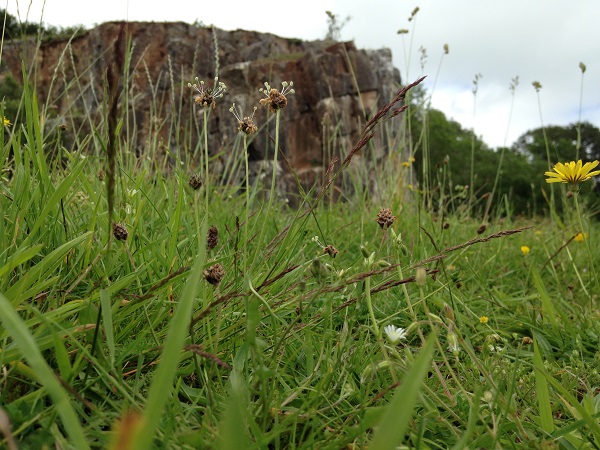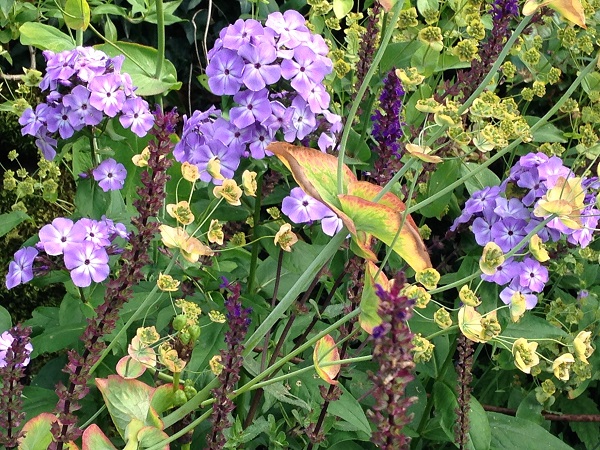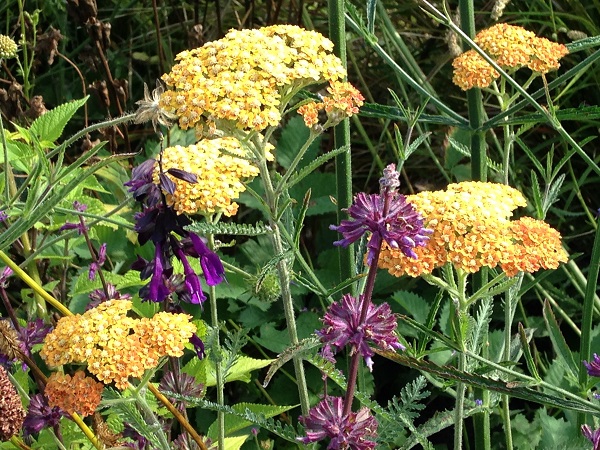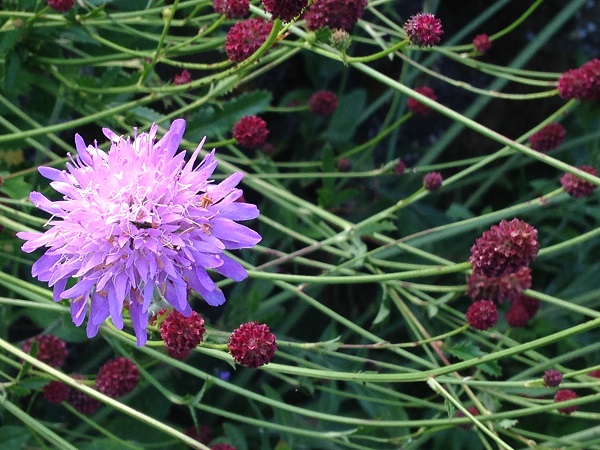The current episode of Gardener’s World shouts about wildflowers and biodiversity, if you are interested in either of these then do watch it (link below).
Wildflower meadows (native and perennial)
They
are a key building block at the bottom of the food chain, drawing in
insects, birds, amphibians and reptiles.
The mixed heights,
colours and shapes of flowers offer something for ‘everyone’ (you and
the insects) – they offer a continuity of nectar.
They are low maintenance and require cutting once or twice a year after the key flowering periods (note there will always be something in flower but you must cut and more flowers will come).
Yellow rattle (Rhinanthus minor), a semi parasitic plant known as ‘the ‘Meadow Maker’, it will take time to establish a ‘wildflower meadow’
Birds Foot Trefoil (Lotus corniculatus), a native, is beneficial to 160 different insect species
Red clover (Trifolium pratense), commonly known as ‘Bees Bread’
Orchids (e.g. Pyrimidal orchid) take seven years to flower from seed
Scabiosa (Knautia arvensis) is a member of the Teasel family and a very good source of nectar

Annual meadows
These are made up of non native species selected to flower over a very long season, for example
They offer immediate reward in terms of colour and Wow factor (think Olympic Park 2012)
Sown in the autumn (September), they can be mown until the end of March (if necessary) but then left (unless hand weeding is required such as hogweed and docks).
Practice on a small area before tackling a larger one.
Naturalistic planting design
Key designers such as Nigel Dunnett, Noel Kingsbury, Sarah Price, Piet Oudolf design perennial plant communities that are layered to create interest throughout the year be it colour, texture and form. These are low maintenance.



You and your garden
There
are 23 million gardens in the UK your efforts to help biodiversity
will all add up with everyone else in your street…
Select as
many different flower shapes as possible (e.g. daisy, umbels,
tubular…), plant in groups .
Sources:
- BBC Gardener’s World – Episosde 18 ‘Focus on Wildflowers’
- Plant Life – Plantlife is a British conservation charity working nationally and internationally to save threatened wild flowers, plants and fungi. And to encourage less mowing of lawns and roadside verges.
- Coronation Meadows – The Coronation Meadows Project, led by Plantlife and in partnership with The Wildlife Trusts and the Rare Breeds Survival Trust, is working to create new wild flower meadows, at least one in every county, to celebrate the 60th anniversary of the Coronation.